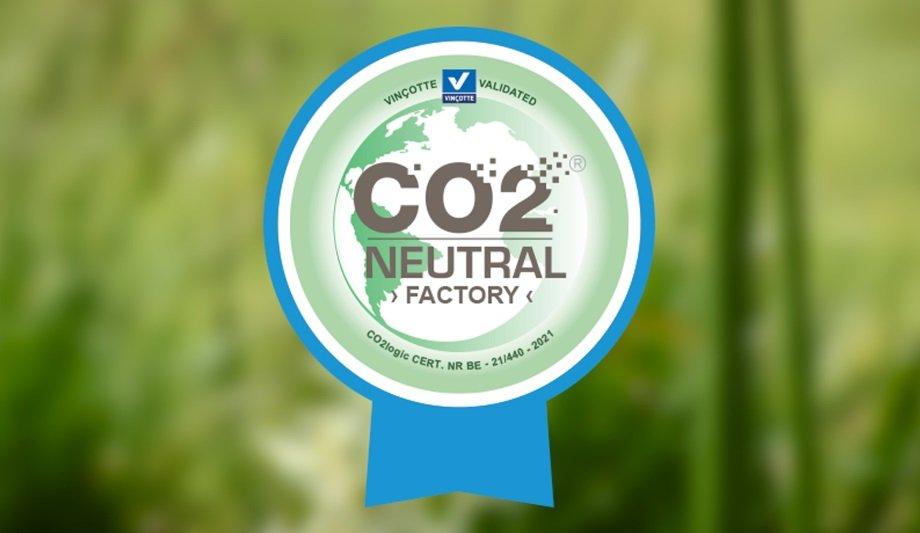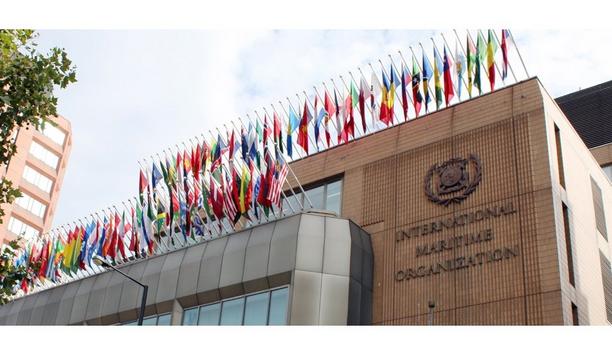Mullion’s core business will always remain protecting people at sea. However, fighting climate change is a subject that is also dear to their hearts. Therefore, they are pleased to announce that their Romanian manufacturing plant, Siorom, has obtained the CO2-Neutral® label. They have reduced the plant’s carbon footprint and they support a forest conservation project.
An external auditor, CO2logic, has calculated the corporate carbon footprint related to their Siorom activities. Thanks to their research, they received an overview of their daily operations and energy expenses at Siorom. In addition, they identified the strengths and possible improvement areas and they identified KPIs.
Certified climate projects
Mullion reduced the plant’s carbon emission as much as possible
Sioen then calculated Siorom’s greenhouse gas emissions (GHG), which was verified by CO2logic. Mullion reduced the plant’s carbon emission as much as possible, and to become fully CO2-neutral, they counterbalanced the remaining CO2 emission by offsetting it.
The CO2-neutral® label, the Siorom plant received ‘guarantees that labelled organisations are actively calculating, reducing and compensating their local and global climate impact’. It is based on the PAS2060 standard. Let’s start by making clear what offsetting is. When a company in itself isn’t CO2-neutral yet, it has the opportunity to offset the CO2 emissions by supporting certified climate projects.
They chose to support a forestry climate project in Sierra de Lacandon, Guatemala. The project’s main goals are forest conservation and indigenous communities support. In short, they help conserve 35 000 000 trees, protect 16 000 hectares and avoid 50 000 tonnes of CO2.









